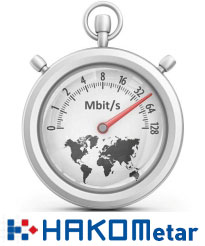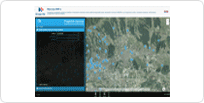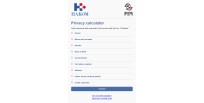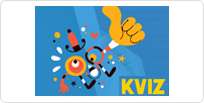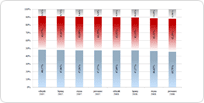Hakom - Croatian Post and Electronic Communications Agency
e-Agency
Users:
Cost Estimator
The Holder of Framework Programme
GIS portal
Privacy calculator
Application ''Quiz''
Market survey
HAKOM: ITU Report Shows a Positive Trend of the Croatian Electronic Communications Market
PRESS RELEASEReferring to the ICT global development based on the internationally comparable data, the Republic of Croatia is ranked 42nd.
IDI index consists of the ICT access index, the ICT usage index and ICT skills index. In all three categories the Republic of Croatia has marked the growth, while the greatest progress has been achieved in the part the ICT use, whose index has been increased from 3.21 in 2010 to 5.85 at the end of 2014. The reason for that is a significant increase in the number of active users of broadband Internet access via the mobile network, whose prices, according to this report, are among the lowest in the world in terms of gross national income and below the average price in comparison to the European countries. Referring to the ICT access category it has been noted a growth of households with the Internet access, where the Republic of Croatia with more than 68 % is 22 percentage points above the average. Considering the IDI index in 2010 for the EU countries from Central and Southeast Europe, Croatia is the only country that has managed to maintain its global position with the considerable growth of IDI index despite the recession in the observation period.
Mr.Dražen Lučić, President of the Council of HAKOM presented the company as an invited speaker at a panel discussion on the future ICT trends, policies and metrology challenges - "Leaders' Dialogue: Future ICT trends, policies and measurement challenges,"
The complete report as well as a global ranking of the countries can be found on the following link
- http://www.itu.int/en/ITU-D/Statistics/Pages/publications/mis2015.aspx
- http://www.itu.int/net4/ITU-D/idi/2015/
Figure 1: ICT Development Index: indicators, reference values and weights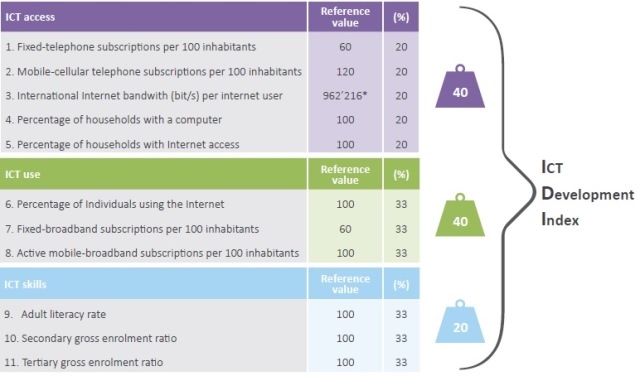
Source: ITU „Measuring the Information Society Report 2015“
# # #
For additional information please contact:
Croatian Regulatory Authority for Network Industries (HAKOM)
Roberta Frangeša Mihanovića 9
10110 Zagreb, Croatia
Tel. + 385 (0) 1 700 70 07
Fax + 385 (0)1 700 70 70
Media inquiries can be submitted online using HAKOM’s official website:
Registration required.
ABOUT HAKOM: HAKOM (www.hakom.hr) - Croatian Regulatory Authority for Network Industries – ensures preconditions for a fair market competition, stable growth and environment for innovations in the electronic communications and postal services market. HAKOM protects users’ interests and the possibility of choice among various communications and postal services at affordable prices, defines sustainable competitive conditions for operators and service providers under fair conditions for return on investment, and provides support to economic growth, public services and the quality of life in the Republic of Croatia by using modern technologies. HAKOM’ strategic goals are: to promote regulation of the electronic communications and postal services market, to support growth of investments and innovations in the electronic communications and postal services market, to provide efficient use of limited resources, to accelerate the growth of broadband products and services, to provide affordable offers of communications and postal services, to provide protection and informing of users, to build an efficient and comprehensive information system, to define and implement efficient processes, and to acquire multi-disciplinary competencies in market regulation.


